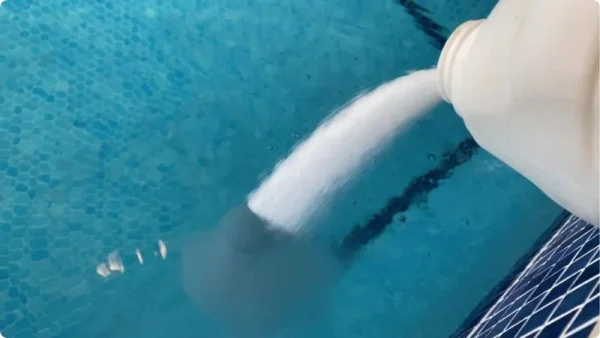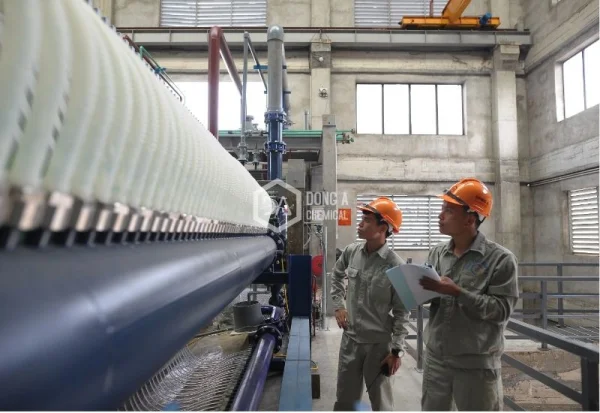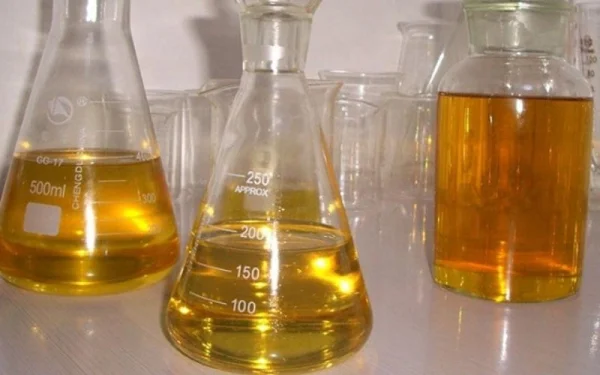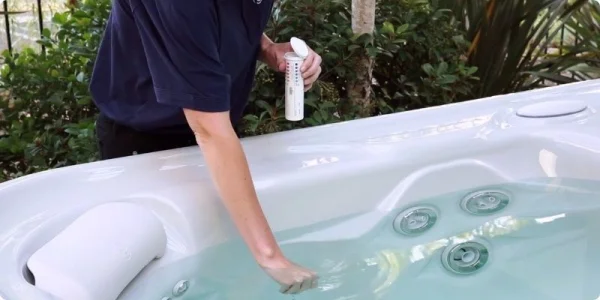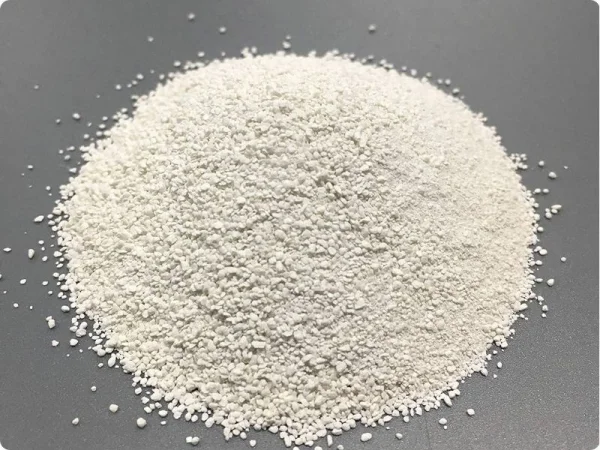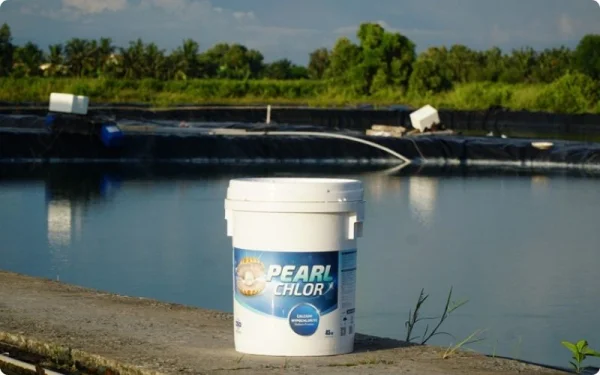
When it comes to treating water for swimming pools, industrial processes, or household uses, chlorine is one of the most commonly used disinfectants and sanitizers. However, chlorine comes in various forms, including granules and tablets, each with its own unique properties and advantages. In this comprehensive guide, we'll explore the differences between chlorine granules vs chlorine tablets to help you make an informed decision for your specific needs.
Exploring Chlorine Granules
Before comparing chlorine granules vs chlorine tablets, let's learn about granular chlorine, the pros and cons of this chemical.
Chlorine granules, also known as calcium hypochlorite or Cal-Hypo, are a powdery, granular form of chlorine. These granules typically contain around 65-70% available chlorine, making them a highly concentrated and potent disinfecting agent. Chlorine granules are widely used in various applications, including:
- Swimming Pool Sanitization: Granular chlorine is a popular choice for maintaining the sanitization of swimming pool water. It effectively kills bacteria, viruses, and algae, helping to keep the water clean and safe for swimmers.
- Industrial Water Treatment: Many industrial processes, such as cooling towers, boilers, and wastewater treatment facilities, rely on chlorine granules for disinfection and prevention of biofouling.
- Household Water Purification: In areas with limited access to clean water, chlorine granules can be used for household water purification, making it safe for drinking and other domestic useuses.
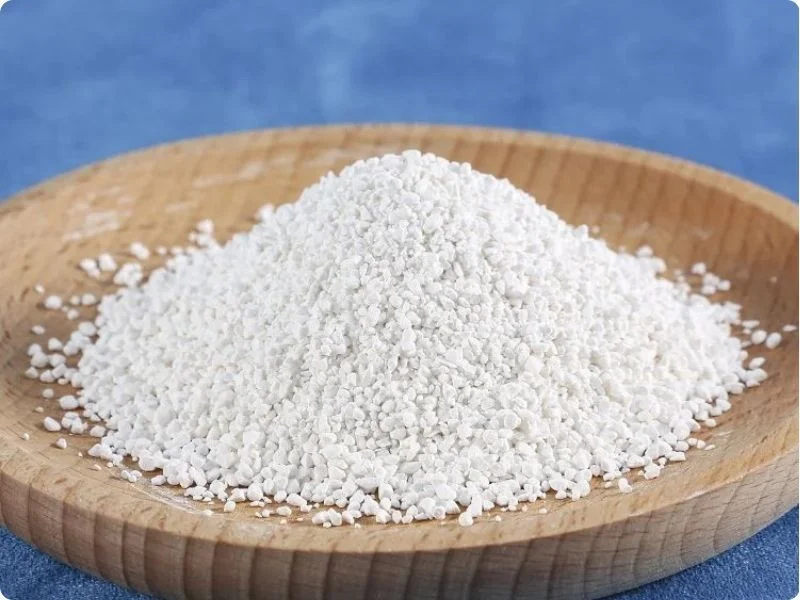
Exploring Chlorine Granules
Advantages of Utilizing Chlorine Granules
- High concentration of available chlorine, making them cost-effective for large-scale applications.
- Longer shelf life compared to liquid chlorine products.
- Versatile and suitable for various applications beyond water treatment, such as bleaching and sanitizing surfaces.
Drawbacks of Chlorine Granules
- Requires precise dosing and handling due to its concentrated nature.
- Can increase water pH levels, necessitating the use of additional pH balancing chemicals.
- May leave residues or scaling on surfaces if not properly dissolved and dispersed.
Understanding Chlorine Tablets
So chlorine granules vs chlorine tablets? Which type is better? Below is the information about chlorine tablets that you need to know:
Chlorine tablets, also known as trichloroisocyanuric acid (TCCA) or trichlor, are a solid form of chlorine designed for convenient and controlled release into water systems. These tablets typically contain around 90% available chlorine, making them highly concentrated and effective disinfectants. Chlorine tablets are commonly utilized in:
- Swimming Pool Sanitization: Chlorine tablets are a popular choice for maintaining the sanitization of swimming pools. They slowly dissolve and release chlorine into the water, providing a consistent and controlled level of disinfection.
- Hot Tubs and Spas: The slow-release nature of chlorine tablets makes them ideal for maintaining sanitization levels in hot tubs and spas, where water temperatures can accelerate the dissipation of chlorine.
- Household Water Purification: In some cases, chlorine tablets may be used for household water purification, although their slow-release nature may make them less suitable for immediate disinfection needs.
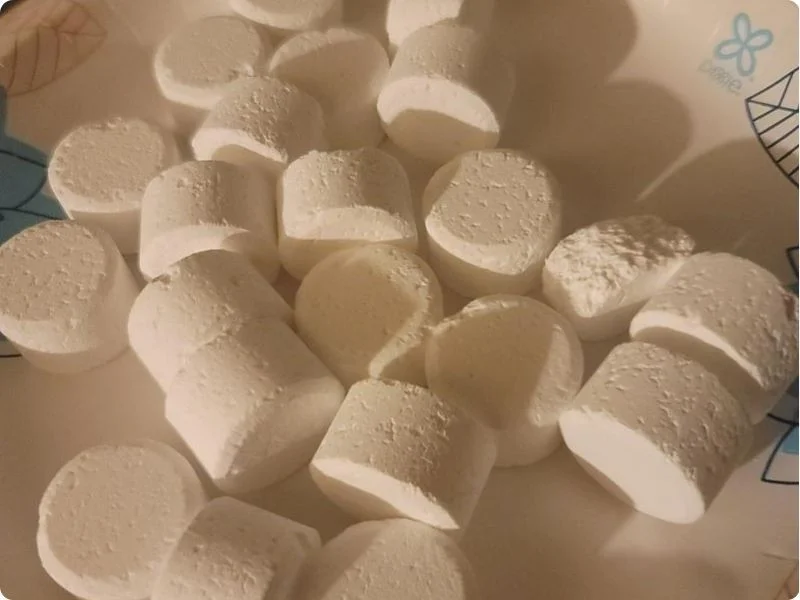
Understanding Chlorine Tablets
Advantages of Chlorine Tablets
- Convenient and easy to use, with no need for precise measuring or mixing.
- Slow-release formulation provides consistent and long-lasting disinfection.
- Minimal impact on water pH levels, reducing the need for additional pH balancing chemicals.
- Virtually no residue or scaling issues when used correctly.
Drawbacks of Chlorine Tablets
- Generally more expensive than chlorine granules, especially for large-scale applications.
- Slower dissolution rate may not be suitable for immediate disinfection needs.
- Tablets may become brittle or crumble over time if not stored properly.
Comparing Chlorine Granules vs Chlorine Tablets
When it comes to choosing between chlorine granules vs chlorine tablets, several key factors should be considered:
- Concentration and Potency: Chlorine tablets typically have a higher concentration of available chlorine (around 90%) compared to chlorine granules (65-70%). This means that chlorine tablets are more potent and may require smaller doses to achieve the desired disinfection levels.
- Ease of Use: Chlorine tablets are generally considered more convenient and easier to use, as they can be added directly to the water without the need for precise measuring or mixing. Chlorine granules, on the other hand, may require more careful handling and dosing to avoid over-chlorination or underdosing.
- pH Impact: Chlorine granules, due to their calcium-based composition, can increase water pH levels, potentially requiring the addition of pH-balancing chemicals. Chlorine tablets, on the other hand, have a minimal impact on water pH, making them a more pH-neutral option.
- Residue and Scaling: Chlorine granules may leave residues or cause scaling on surfaces if not properly dissolved and dispersed. Chlorine tablets, when used correctly, typically do not leave residues or cause scaling issues.
- Cost and Availability: Chlorine granules are generally more cost-effective than chlorine tablets, particularly for large-scale applications or when treating large volumes of water. However, chlorine tablets may be more readily available in some areas or for smaller-scale applications.
- Application: Chlorine granules are versatile and can be used for various applications beyond water treatment, such as bleaching and sanitizing surfaces. Chlorine tablets, on the other hand, are primarily designed for water treatment and may have limited applications outside of this realm.
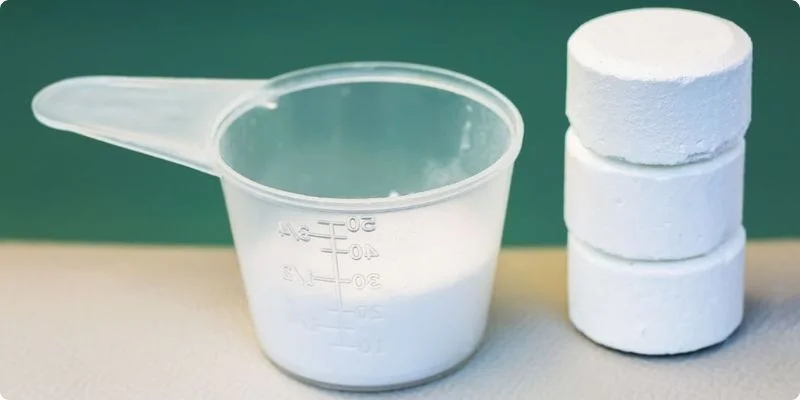
Comparing chlorine granules vs chlorine tablets
Making the Right Choice
The choice between chlorine granules vs chlorine tablets hinges on your particular needs, the scale of the application, and personal preferences. For extensive water treatment applications, such as in industrial processes or municipal water treatment facilities, chlorine granules might be the more cost-effective and practical option because of their high concentration and versatility.
On the other hand, for smaller-scale applications like residential swimming pools, hot tubs, or household water purification, chlorine tablets may be the preferred option due to their convenience, consistent release, and minimal impact on water pH levels.
Regardless of your choice, it's crucial to follow proper handling, storage, and dosing guidelines for the selected chlorine product to ensure effective disinfection and sanitization while minimizing potential risks to human health and the environment.
By comparing chlorine granules vs chlorine tablets, you can make an informed decision that best suits your water treatment needs, ensuring a safe and effective disinfection process.
Conclusion
In conclusion, both chlorine granules vs chlorine tablets offer effective sanitizing solutions for various water treatment applications. By understanding their differences in composition, properties, and performance, you can make an informed decision on which form best suits your specific needs, balancing factors such as cost, ease of use, and desired water chemistry.
Related Articles
A Comprehensive Guide to Chemicals for Pools
When it comes to maintaining a pool, using the right chemicals is crucial for ensuring the water is ...
Liquid Sodium Hydroxide 32% - 50%
Product Description Product name Liquid sodium hydroxide 32% - 50% Another name Liquid sodium ...
In-Depth Overview of Liquid PAC 10% - 17%
Liquid PAC 10% - 17% is currently available in many places on the market as it is a chemical with ...
Chlorine vs. Bromine: Which Sanitizer is Best for Your Pool?
Chlorine has long been the go-to sanitizer for pools and spas, but have you heard of its ...
Everything You Need to Know About Chlorine Granules for Pool Sanitation
When it comes to maintaining a clean and hygienic swimming pool, chlorine granules , commonly known ...
Exploring the Different Types of Chlorine Used in Water Treatment
Water treatment and disinfection are essential for maintaining the safety and quality of our water ...

